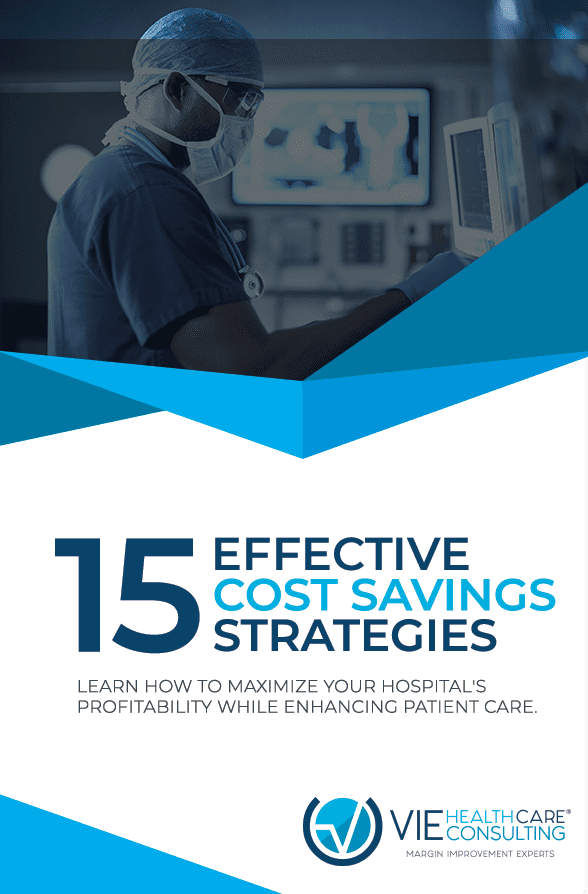The 4 Requirements for Outsourced Agreements
All hospitals rely on outsourced agreements and services to deliver quality patient care, but they are complex, with financial and operational implications.
In this new blog series, we will cover the four mission critical requirements to effectively manage your outsourced agreements (also referred to as purchased services).
In this introductory article, we highlight those four components.
Why Your Outsourced Agreements Need Close Monitoring?
Outsourced service agreements require a disciplined cost management approach to prevent them from either escalating rapidly or exceeding competitive market pricing. That approach should be based on a combination of data and frontline user experience to achieve the optimal financial and operational outcomes for your hospital.
Management of your outsourced agreements, or purchased, services represents the biggest cost savings opportunity for your hospital today.
Management of your outsourced services represents the biggest cost savings opportunity for your hospital today. Read more here. Click To Tweet
I always begin by asking our clients the following key questions. On your large outsourced service agreements:
- How confident are you that your hospital or health system is paying the right price for services?
- How certain are you that you are not overpaying?
- How confident are you that you are receiving competitive pricing?
In my experience, many health systems lack confidence in at least one area.
Let’s take a look at the four mission critical components that will help you to gain that confidence. All four areas will be explored in more detail in our upcoming blogs.
1. Why Accessing Line Item Details and Performing Spend Analytics Matters to your Purchased Services Visibility?
It is essential for hospitals to manage and monitor their purchased services agreements to the invoices on a monthly basis. However, there are some reasons that prevent this from happening. One of the biggest obstacles is the lack of automation that offers line item visibility.
Those line item details are found on your invoices, but if every aspect is monitored manually it makes it difficult to validate utilization.
Furthermore, agreements are often so complex, with so many moving parts, they aren’t given the attention required to achieve cost savings. That complexity is increased as new services are frequently being added to agreements.
You must have access to those line item details to effectively manage your outsourced agreements. Those details are found in your invoices.
2. Why is a Thorough Understanding of Your Clinical, Financial and Operational Terms Important to Optimizing Your Cost Savings?
Your hospital must have a thorough understanding of all of your clinical, financial and operational terms. Sometimes, some of the frontline users don’t have access to the agreements which makes it difficult for them to begin to understand the terms used. That can have a significant impact on costs.
3. Why Benchmarking?
All decisions made around cost management must be informed and data driven. We encourage our hospitals to benchmark from a range of sources, and also to set new pricing standards which go beyond benchmarking.
Remember, benchmarking is the norm, it’s the average.
At VIE Healthcare®, we are looking at ways of thinking differently, to introduce innovation.
How do we exceed norms in the industry so we can reduce those costs and then be able to closely manage them?
4. How to Get in Front of Cost Savings
The fourth and final mission critical requirement to manage your outsourced agreements is your ability to get in front of cost savings. When you’ve renewed your agreements and secured new and improved pricing, how can your hospital not only maintain those cost savings, but get out in front of them? How do you automate this process to ensure the data you are seeing is accurate? Our patented technology, Invoice ROI™, enables your hospital to monitor your costs on an ongoing monthly basis. Getting in front of those cost savings is vital to ensure margin improvement in this key area of spend.
For proven strategies to increase your hospital’s financial and operational performance—and to rapidly reduce your non-labor costs, schedule a call with Lisa Miller.




